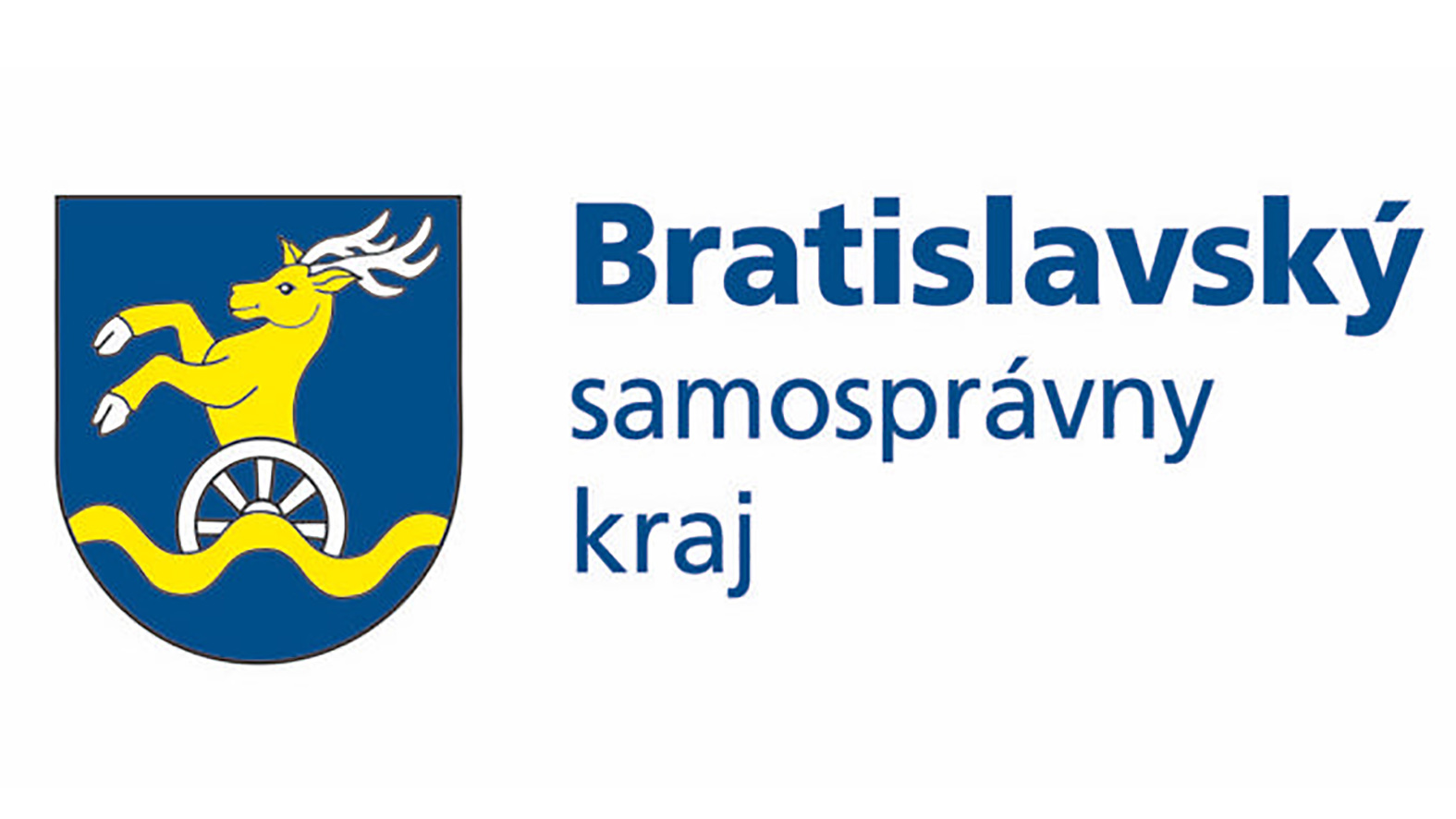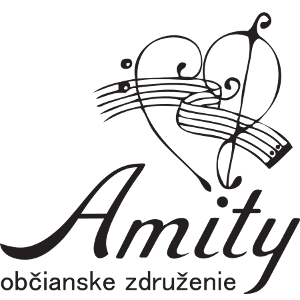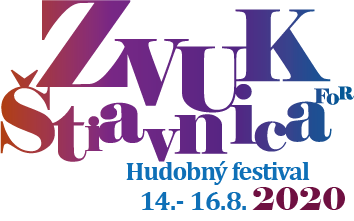
Karpaton
Bio
A fusion of traditional music culture of the Carpathians into new music genres, above all, alternative music and world music.
The band KarpaTon is a music project created by Michal Smetanka and Eduard Fert√°ńĺ inspired by the folk songs especially from the Zempl√≠n region in East Slovakia.
Music project KarpaTon was created in 2010 as the initiative of multi-instrumentalist and singer Michal Smetanka. It originated in his intention to bring in life a fusion of traditional music culture of the Carpathians into new music genres, above all, alternative music and world music.
Particularly characteristic for KarpaTon is the exclusive acoustic expression, irredeemable due to variable use of numerous ethnic musical instruments. Compositions are rooted in the traditional Carpathian music, mostly Slovak and Ruthenian with exclusive use of native, traditional lyrics reproduced in a new, unconventional way.
The atmosphere and the themes of songs reflect rich diversity of human emotions and needs. Painful sadness, longing for forgiveness, need for compassion, unspeakable tension between man’s and woman’s world, unconditional motherly love. Spontaneous, ambigious and fascinating as life itself.
The band performed at various festivals in Slovakia, Poland and Czech republic. The band have appeared in BBC, World on 3 programme with their performance at World Music Festival Bratislava in 2017 and represented Slovak world music scene at the Czech Music Crossroads in 2018.
Band
Michal Smetanka‚Äď multi-instrumentalist, vocals
Edo FertalŐĆ‚Äď percussions
Ivana FeniŐĀkovaŐĀ‚Äď vocals
Robert EgresŐĆi‚Äď percussions
Andrej Smetanka‚Äď percussions
SlavomiŐĀr Harman‚Äď accordion
Vlado KubaŐĀnŐĆ‚Äď double bass, chordophone
Albums
KarpaTon I (2011)
Na koreŇąu (2012)
Skadzi Tadzi (2013)
Karpat Mater (2015)
Ratoliestky /Príbeh o zbojníkovi Putifarovi (2017)
Hlasy predkov (2018)
Others
Reviews/Quotes:
‚ÄěI am always curious about new recordings and shows of Michal Smetanka and his band KarpaTon. In his music you could find the true sounds of Carpathian region, with the use of traditional wind instruments from this part of the world. He is always telling stories wrapped in very interesting sound shapes.‚Äú
Ula Nowak, music journalist, board member of Pannonica Folk Festival, Poland


 Slovenńćina
Slovenńćina





















        
        

